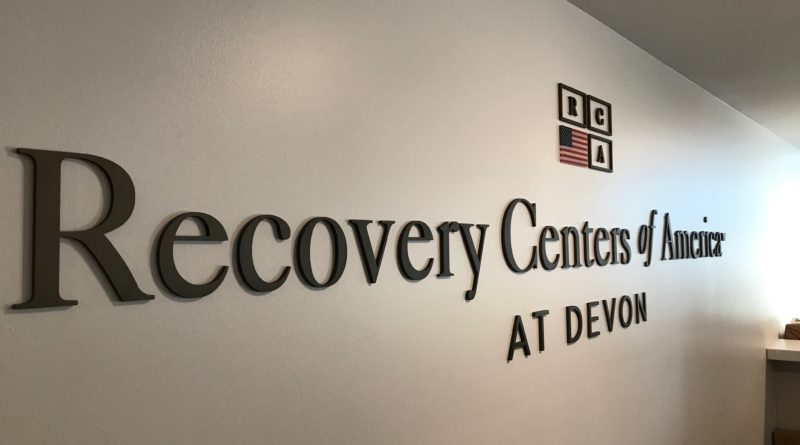Reducing Anxiety During Addiction Treatment with the Biofeedback Bed
Treating a substance use disorder (SUD) in an inpatient facility is no easy task. People in treatment for a SUD may feel cut off from family and friends—and their whole life for that matter. Inside their mind and body, it can feel like a storm is raging. When combined, what they are feeling can cause excessive stress on the psyche—not to mention interfere with the work they are doing in recovery for a SUD.
Imagine if there was a tool that could provide escape from the noise in the mind. A tool to combat stress and anxiety that could help people focus and relax.
The biofeedback bed at Recovery Centers of America at Devon is one such tool.
What is Biofeedback?
Biofeedback is a technique people can use to learn to control some of their body’s functions, such as their heart rate and breathing. When a person is anxious, their heart rate will speed up. Therefore, slowing the heart rate down will help relieve the stress and lower anxiety levels. Essentially, biofeedback helps people become aware of what is going on in their body when they are feeling stress and teaches them to adjust their internal rhythms with breathing exercises for relief.
How the Biofeedback Bed Works
One of the most common uses of biofeedback bed is anxiety relief. In the case of Recovery Centers of America at Devon, the biofeedback bed is used to calm patients in recovery for a SUD who have trouble calming themselves after they finish the detox process from drugs and/or alcohol.
The biofeedback bed works by inducing a dream-like meditative state when a patient listens to special music through headphones. This special music is called binaural beats, where music is played at a slightly different frequency in each ear and then heard as a single sound in the brain.
Different binaural frequencies produce different effects. The binaural frequencies used with the biofeedback bed are in the theta range and are linked to REM sleep, reduced anxiety, relaxation, as well as meditative and creative states.
The biofeedback bed matches these binaural beats to the body’s heart rhythm patterns to synchronize the body’s nervous system. Patients then breathe from their diaphragm to match their heart rate for a relaxing, calming effect.
The program for the biofeedback bed consists of four exercises that teach patients to synchronize their breathing with their heart.
The exercises connect guided imagery on a television monitor with music, or vibrations in the bed platform with music. Both types of exercises work to help the patient regulate their breathing and heart rate to reduce stress and anxiety.
After each exercise the therapist running the program gives feedback to the patient on how they are doing and how they can improve.
The therapist will explain that they can use these same techniques when they get anxious. All they need to do is lie on a bed in a quiet room and practice breathing through their diaphragm. The quiet rhythm of their own breathing can help them feel more grounded and relaxed.
How Biofeedback Helps Patients During Addiction Treatment
Overall, the biofeedback bed lets patients become more aware of their body’s responses when they’re stressed and anxious. Then they can learn how to control those responses with deep breathing.
So, for anxious patients, the biofeedback bed helps them get more comfortable and learn to regulate themselves and how they’re feeling. This can be useful to help calm a patient’s mind, so they become more open to and focused on what they are learning in treatment.
The biofeedback bed is also used successfully with First Responders in treatment at Recovery Centers of America at Devon to help them cope with not only their SUD, but for help with PTSD and trauma connected with their line of work.
The bed has become a positive tool to help regulate stress and breathing in patients. Its calming effect has become an integral part of treatment at Recovery Centers of America at Devon by keeping patients in the here and now.
The biofeedback bed at Devon is one more way Recovery Centers of America is staying on the cutting edge of evidence-based treatment to help those fighting drug and alcohol addiction.
If you’ve been thinking about entering treatment for a SUD or have a loved one that would benefit from inpatient treatment, Recovery Centers of America is here for you, 24/7. If you’re struggling or need help, call us any time at 1-800-RECOVERY.




